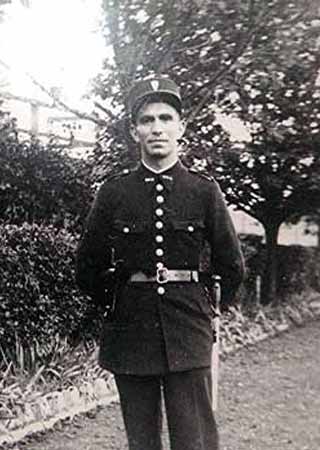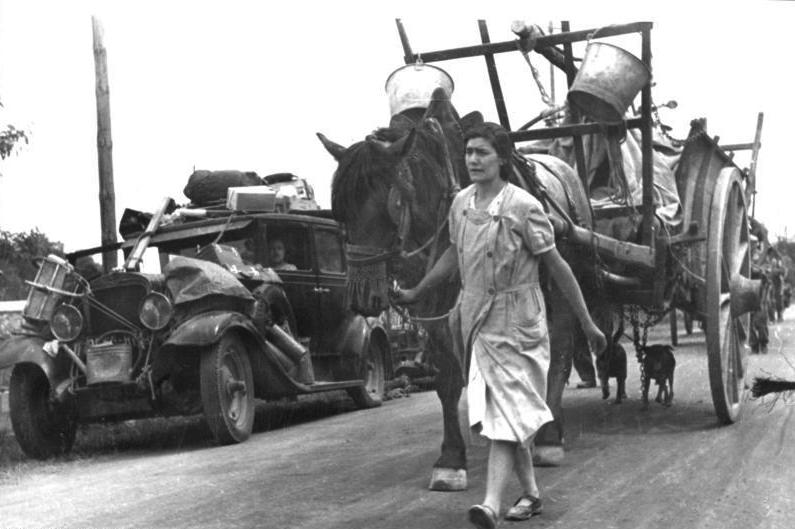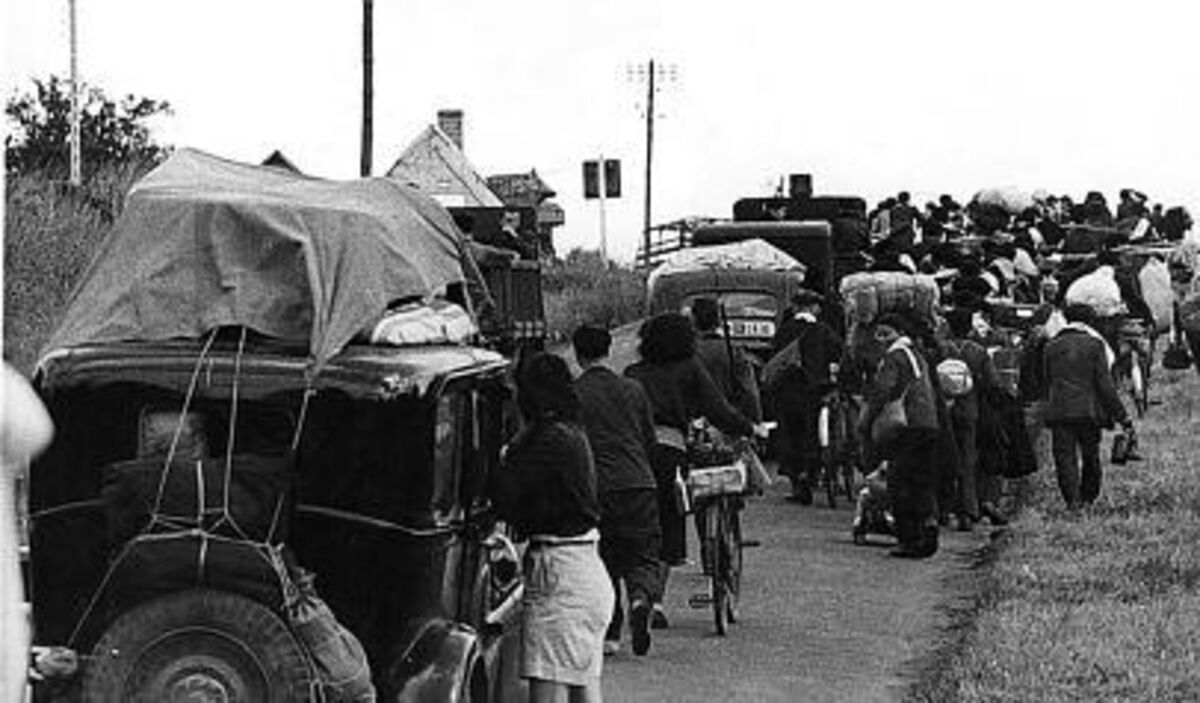Prompt - Upside Down (400 words): “I will start out this evening with an assertion: fantasy is a place where it rains.” – Italo Calvino, Six Memos for the Next Millennium (1988). Write a story in which common assertions are turned upside down in the vein of Italo Calvino’s statement above. Perhaps a commuter sees the packed subway train as a melting pot of psychologists, artists, and philosophers. “The ultimate meaning to which all stories refer has two faces: the continuity of life, the inevitability of death.” – Italo Calvino, If On a Winter's Night a Traveler (1979).
***
I don’t always like my best friend.
Oh, don’t get me wrong, we can talk about anything. And after we are apart - for months, sometimes when I demand it - when we get together, it’s like we were never separated.
But ... whenever she screams at a female employee, Jamie donates to feminist causes out of guilt. And because she’s a control freak with anger issues, she’s on the boards of at least five national feminist organizations.
I think she loves me because I don’t hold my tongue around her; she knows I love her fiercely, and I force her to respect my sometimes unreasonable boundaries. (She’s not the only control-freak, here).
But she’s crazy-loyal, and if I need her, she’ll be at my side in a heartbeat. She rarely promises anything, but when she does, she’s compulsive about keeping them.
When I found out I was pregnant a few days after my ex walked out, she promised to be there with me when the time came, and she kept that promise even though I spent the next nine months ranting at her, at the world, and at my ex. When I went into labor, Jamie walked out of one of her board meetings, drove like a bat out of hell to the hospital, and, in the 36 hours since, had barely left my side.
But, whenever she stepped outside - to get me ice chips, to get a nurse, to bully the janitor into cleaning somewhere else, to drag in the anesthesiologist, she left a swath of destruction 10 miles wide. People would enter my room and look at me warily, glance at Jamie, and then their looks changed to such … pity.
“Jamie,” I puffed between rhythmic breaths, “promise me something.”
“Yeah? What do you need?”
“Take my baby in case I die.”
She turned pale. “Kate, you are NOT going to die today. I will NOT allow it.”
I paused for a contraction. “Jamie, don’t be a bitch. Of course, I’m not going to die today. It’s - if I get hit by a bus or something.”
She’d never wanted kids, but there was no hesitation. “Yes, I’ll raise her.”
“Just … promise me that you’ll love her like you do me, never ever abuse her like you do your underlings. And … teach her to be nicer than either of us.” There was a very long two-contraction-worth pause while I waited for her to answer.
She scowled at me, then took a deep breath. “I promise, but … I don’t know how I’ll manage that last one.”
“You’ll figure it out.”
“Yes, I will.”
-- Oct 19, 2022




















